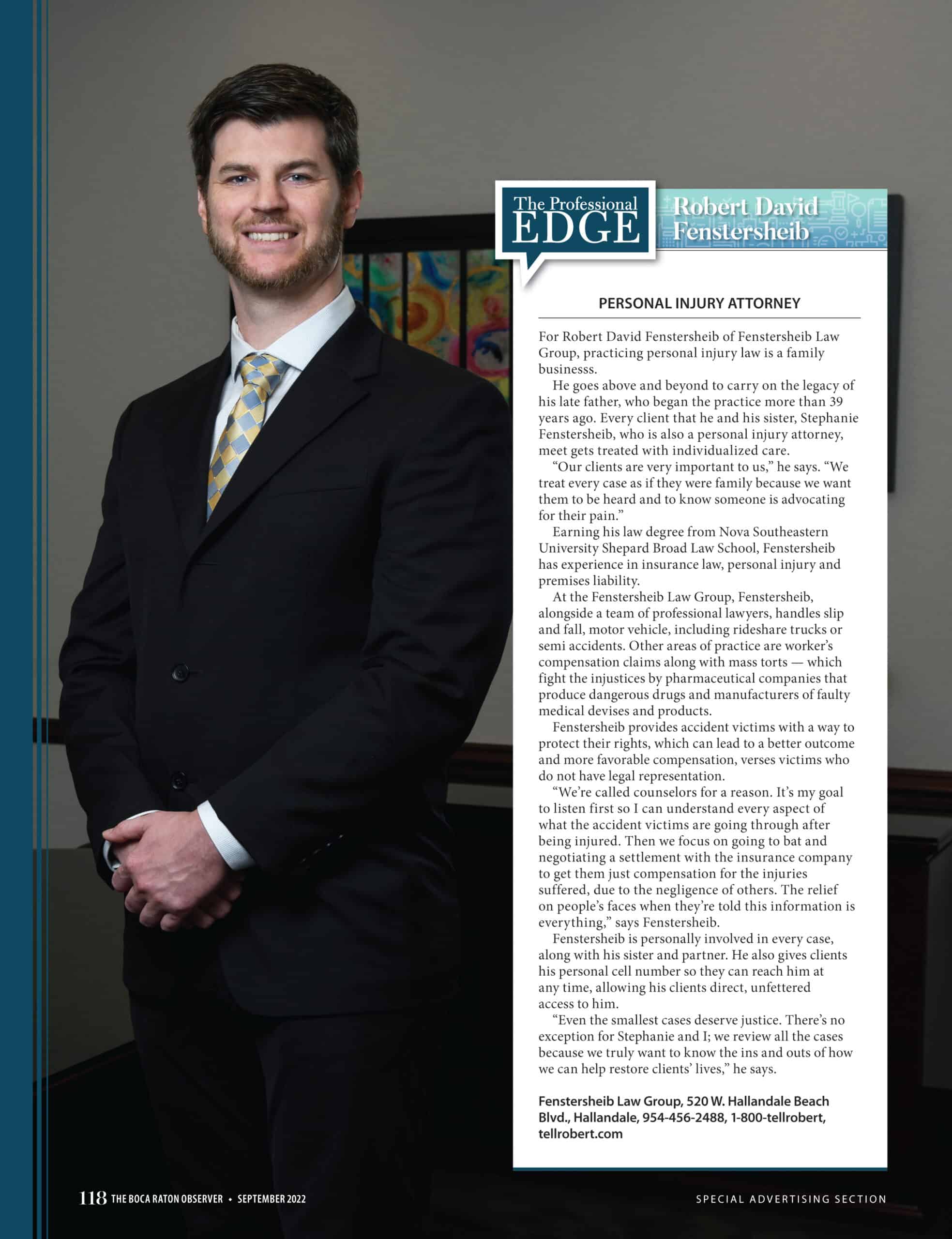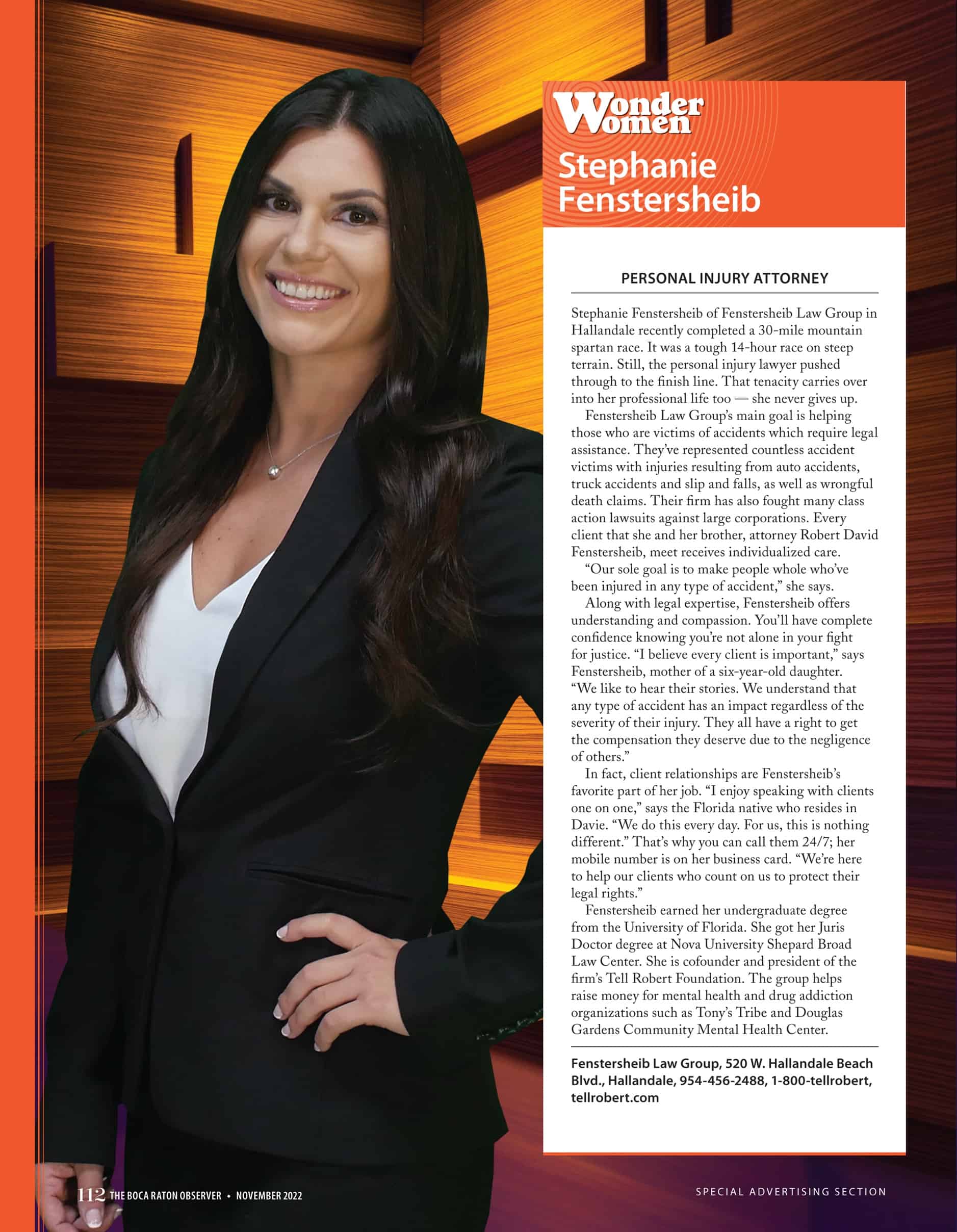 When you step into an Uber or Lyft, you’re placing your trust in the hands of both the driver and the company that they are associated with. In many cases, the system works as it is intended to: drivers are screened, rides are problem-free, and passengers reach their destinations safely. However, when a rideshare driver is reckless, intoxicated, or violent, serious concerns may arise surrounding who should be held responsible.
When you step into an Uber or Lyft, you’re placing your trust in the hands of both the driver and the company that they are associated with. In many cases, the system works as it is intended to: drivers are screened, rides are problem-free, and passengers reach their destinations safely. However, when a rideshare driver is reckless, intoxicated, or violent, serious concerns may arise surrounding who should be held responsible.
So, when this happens, can Uber or Lyft be sued for putting dangerous drivers on the road?
Rideshare companies are legally and morally obligated to take reasonable measures to ensure that their drivers are qualified to transport passengers. This means that there should be proper screening procedures, criminal and driver background checks, and removal of those who pose a known risk. When these companies fail to act on clear warning signs, such as prior assault allegations, DUI arrests, or multiple reports of dangerous behavior, they may be liable for negligence.
Victims of negligent rideshare hiring or supervision typically face serious challenges. In many situations, Uber and Lyft will try to distance themselves from driver misconduct by claiming these individuals are “independent contractors” rather than employees. This defense doesn’t always shield them from liability, however – especially when the company knew (or should have known) that the driver posed a danger to others.
This article explores when and how a rideshare platform may be responsible for negligent hiring or failure to act. We’ll discuss the legal concepts encompassing negligent hiring, supervision, and retention. We’ll also review the type of evidence that builds a strong claim and outline the necessary steps you can take to pursue justice after a rideshare-related injury or assault.
Understanding Rideshare Company Liability
Platforms like Uber and Lyft market themselves as tech companies rather than transportation service providers. By classifying drivers as independent contractors rather than employees, they attempt to limit their legal responsibilities when something goes wrong. However, this classification doesn’t always directly safeguard them from liability, especially when evidence displays that they ignored risks or failed to enforce safety policies.
According to Florida law, a company can be held responsible for harm caused by a contractor if the enterprise was found to be negligent in hiring, supervising, or retaining problematic employees. Uber and Lyft are legally required to ensure their drivers are safe, vetted, and responsive to the complaints of passengers. When a platform allows drivers with dangerous backgrounds to engage with app users, it may be liable for the resulting harm.
Ultimately, rideshare liability cases boil down to one key question: Did Uber or Lyft know (or should they have known) that the driver posed a potential danger to passengers?
If the answer is yes, the company may share fault for the injuries or assaults.
Negligent Hiring, Supervision, And Intention Explained
Negligent hiring happens when a company fails to conduct comprehensive background checks before allowing someone to work for them. In the context of rideshare platforms, this means verifying criminal history, driving records, and other red flags that could endanger others. For example, approving a driver with a prior DUI or assault conviction may constitute negligent hiring.
Negligent supervision occurs when a company doesn’t properly monitor its drivers after hiring them. Uber and Lyft collect feedback using in-app ratings and complaints. If multiple passengers report unsafe or threatening behavior, the company must take prompt action – and ignoring these reports can create liability for negligent supervision.
Negligent retention refers to situations where a company continues to allow a dangerous driver to operate despite clear signs of misconduct. If Uber or Lyft is aware of prior complaints, such as harassment, reckless driving, or substance abuse, but does nothing, they may be directly responsible for any harm caused by the driver.
How To Gather Evidence That Supports A Case Against Uber Or Lyft
Proving negligence requires strong, organized, and clear evidence. Victims and their attorneys can build powerful claims against rideshare companies by collecting as much documentation as possible.
Starting with the rideshare app itself, it is recommended to save trip receipts, messages, and any communications with the driver or company. If a crash or assault occurred, secure the police report, photographs of injuries, and medical records. Witness statements also play a major role in establishing what happened during and after the incident.
Your attorney may also request internal company data through legal discovery. This includes driver complaint logs, background check records, prior incident reports, or communications displaying Uber or Lyft’s awareness of the situation. This can help prove that the company knew about the risk, which is often the turning point in these cases.
Experienced rideshare injury lawyers can ensure all key evidence is preserved before it’s deleted or hidden.
Real-World Examples Of Dangerous Rideshare Drivers
There have been numerous cases across the U.S. exposing the dangers of inadequate rideshare screening over the years. Drivers with criminal records, DUIs, or prior assault allegations have been allowed to transport passengers using Uber, Lyft, and other similar platforms.
For example, several lawsuits have accused Uber of failing to remove drivers accused of sexual misconduct, despite multiple complaints. In other cases, drivers with suspended licenses or questionable driving histories have caused serious crashes, leading to catastrophic injuries and wrongful death claims.
These examples demonstrate how negligence at the corporate level can endanger passengers. When rideshare companies prioritize rapid growth over thorough screening, preventable harm can occur. Legal action on behalf of victims not only seeks compensation for damages, but it also pressures Uber and Lyft to strengthen their hiring and safety practices.
What To Do If You Were Harmed By A Rideshare Driver
Your safety and well-being should always come first if you are injured, assaulted, or traumatized by a rideshare driver. Call 911 immediately if you need medical attention or if you need to report a crime. Additionally, you should notify Uber or Lyft through the app, taking care to avoid providing lengthy statements before consulting an attorney.
Document everything after the incident. This includes taking screenshots, noting the driver’s name and license plate, and keeping copies of medical or police reports. Your attorney will help you gather all of this evidence and present it to bolster the credibility of your claim.
Fenstersheib Law Group, P.A. Holds Rideshare Companies Accountable On Behalf Of Florida Victims
If you or a loved one was injured or assaulted by a rideshare driver, don’t take your chances with legal guesswork. The experienced attorneys at Fenstersheib Law Group, P.A. are prepared to fight on your behalf to hold negligent companies accountable when they ignore warning signs, fail to screen dangerous drivers, or put passengers at risk. Whatever the circumstances may be, our team has the resources, knowledge, and determination to take on powerful corporations and help you secure the compensation you deserve.
Our firm proudly represents rideshare accident and assault victims throughout Florida from our main office in Hallandale Beach, with additional offices in Hollywood, Miramar, Fort Lauderdale, West Palm Beach, Orlando, Sarasota, Tampa, and Jacksonville (by appointment only).
Your recovery is just a phone call away. Speak with a dedicated legal advocate today at (954) 231-6123 for a free and confidential consultation. Allow your voice to be heard and rights protected with the help of Fenstersheib Law Group, P.A.




